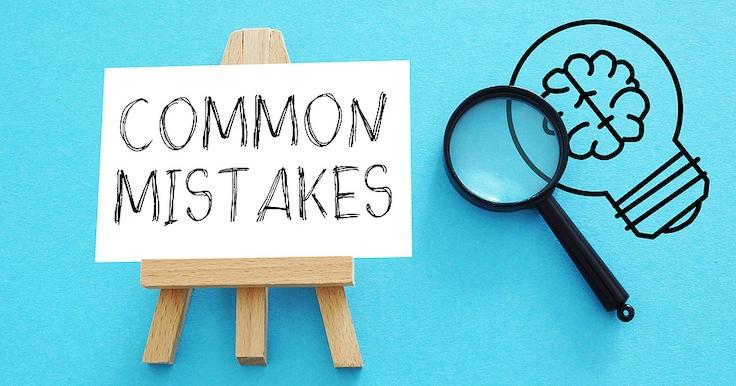Psychologists recognize that mental illness and substance abuse both feed off each other, making it more challenging to overcome addiction. For many people struggling with substance abuse, mental illness also influences the frequency of engagement and the difficulties behind recovery. Thankfully, there are now centers that focus on treating the comorbidity of substance abuse and mental illness.
Click here – Examining 4 of the Most Common Rehab Therapies: Which One is Right for You?
Until recently, addiction treatment focused on relapse prevention based on managing cravings. A patient attending rehab would have received professional help for detox and relapse prevention. Still, these treatments may not have included care for mental health symptoms that influence the urge to engage in substance abuse. Without addressing the underlying factors that influence one to engage, it becomes that much harder for individuals to abstain from substance use over time.
There are now dual diagnosis treatment centers that focus on relapse prevention and mental health components that influence addiction. The usual detox protocols are also included to guide a patient through the initial stages of recovery. At dual diagnosis treatment centers, patients learn mental health skills that assist with relapse prevention. If you or a loved one are considering a dual diagnosis treatment center for these comorbidities, continue reading to learn more about what these centers provide and what treatment looks like.
What Is Involved At Dual Diagnosis Treatment Centers?
Patients will meet with a doctor when they enter into treatment to go over their history of substance use and potential mental health challenges. Together, they will establish a treatment plan with these factors in mind. Detox will be the first priority.
Once the patient has overcome the detox period, they will be introduced to skills management for relapse prevention on both the physical level and in situations where mental health issues are activated. Skills groups will also support their individual therapy sessions and appointments with psychiatrists to determine if they need any medication in order to manage their mental health and addictive tendencies. An aftercare plan may be established so patients can continue addressing their mental health to avoid relapse prevention.
Click here – Which Hair Care Products Go Best with a Hair Growth Oil?
What Does Recovery Look Like?
The dual diagnosis treatment center may also highlight the emotional factors that influence one to partake in substance abuse. The patient may not struggle with mental health but have a history of trauma, or ineffective coping skills to manage their feelings without substance abuse.
Whether or not the patient has mental health challenges, the dual diagnosis treatment center will reiterate that emotions and thoughts influence behavior. Whatever is influencing a person’s engagement is the underlying factor(s) to focus on, so that more effective strategies can be introduced, and relapse can be prevented.
Get Comprehensive Care
Addressing the underlying factors of substance abuse such as mental disorder, trauma, and ineffective coping skills can drastically improve resiliency and relapse prevention. At a dual diagnosis treatment center, patients will learn to regain control of their addiction and better understand the biosocial factors at play. Reach out to a dual diagnosis treatment center to learn more and get help.
To Know Some Great Stuff Do Visit shortestt
To Know Some Great Stuff Do Visit sizesworld
To Know Some Great Stuff Do Visit truelynutrition



